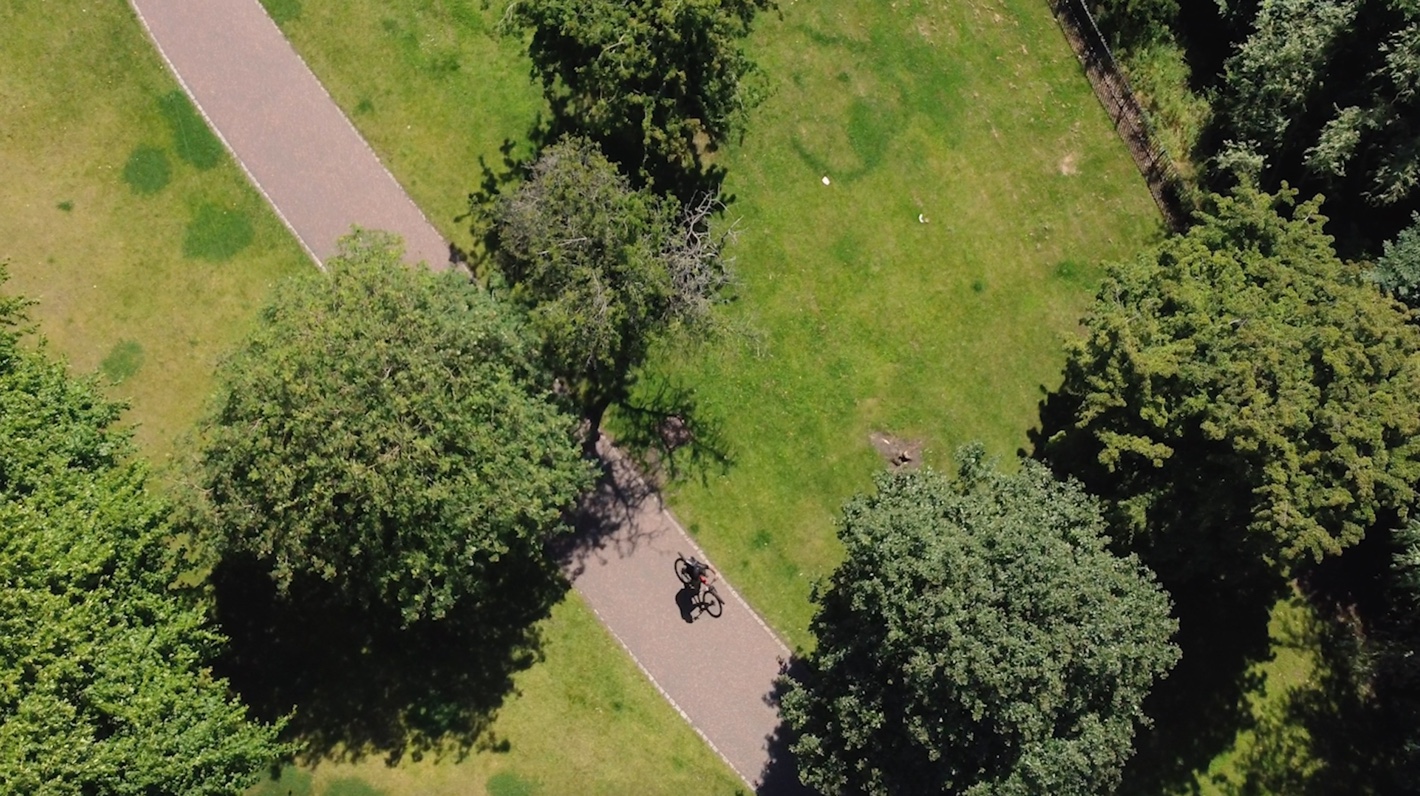
International Environmental NGO Observer Mission to Palestine: “The occupation is an injustice”
Friends of the Earth Scotland Media Advisory
Upon invitation of Friends of the Earth Palestine (Pengon), a Friends of the Earth International (FoEI) delegation visited the West Bank to observe the environmental injustices of the occupation and to gather testimonies and evidence from those affected.
For two days, FoEI Executive Committee Member Bobby Peek of South Africa, and Eurig Scandrett, Vice Chair of Friends of the Earth Scotland, have met with local mayors, administrators, and community people in the West Bank. The environmental impact of the Israeli occupation is evident throughout the West Bank. Untreated Israeli sewage and industrial waste contaminates Palestinian land. Pollution from Israeli factories damages Palestinian lungs. Palestinian water is denied to Palestinians so that Israeli settlers can live comfortably on Palestinian land. The delegates have recorded stories of the use of military force to destroy Palestinian cisterns and wells.
Eurig Scandrett said: “The theft of resources and the pollution of land and water are designed to serve only the interests of the apartheid state of Israel. This is nothing short of an environmental nakba.”
FoEI’s vision is of a peaceful and sustainable world based on societies living in harmony with nature; a society founded on social, economic, gender and environmental justice, and free from all forms of domination and exploitation, such as neoliberalism, corporate globalization, colonialism, neo-colonialism and militarism. What the FoEI Observer Mission witnessed was almost the opposite.
The unequal relationship between the peoples of Israel and Palestine is perpetuated by military might. As long as this occupation continues the Palestinian people will face environmental injustices resulting in both the destruction of the peoples’ health and well-being, and their environments.
Mr Peek said: “We need to take seriously the concerns of Archbishop Emeritus Desmond Tutu as he pronounced on the apartheid nature of the Israeli Occupation of Palestine land. The occupying of Palestinian lands is a challenge FoEI deals with globally in the form of poor people losing their land through undemocratic landgrabs by multinational corporations and governments. FoEI rejects attempts to normalise the situation and supports the Palestinian people in their mobilisation and resistance to the occupation.”
For more information, contact:
Abeer Al Butmah of Friends of the Earth Palestine (Pengon) at info@pengon.org, phone: +972-22966317
Eurig Scandrett at escandrett@qmu.ac.uk
Bobby Peek at bobby@groundwork.org.za
Notes to Editors
1.Friends of the Earth International is the world’s largest grassroots environmental network, uniting 76 national member groups and some 5,000 local activist groups on every continent. With over 2 million members and supporters around the world, FoEI campaigns on today’s most urgent environmental and social issues, challenging the current model of economic and corporate globalization, and promoting solutions that will help to create environmentally sustainable and socially just societies (www.foei.org)
2. The Palestinian Environmental NGOs Network- Friends of Earth Palestine (PENGON- FoE Palestine) is a non-profit, non-governmental organization established in 1996 to serve the Palestinian environment by coordinating the scattered efforts of the different Palestinian NGOs working in the field of environment. Pengon has 14 organisational members (www.pengon.org)
3. The word nakba is an Arabic word meaning catastrophe. Since the Israeli Declaration of Independence in 1948 and the consequential displacement of Palestinians, Palestinians mark Al-Nakba Day on 15 May every year.
4. Friends of the Earth Scotland is * Scotland’s leading environmental campaigning organisation * An independent Scottish charity with a network of thousands of supporters and active local groups across Scotland * Part of the largest grassroots environmental network in the world, uniting over 2 million supporters, 77 national member groups, and some 5,000 local activist groups – covering every continent. www.foe-scotland.org.uk
